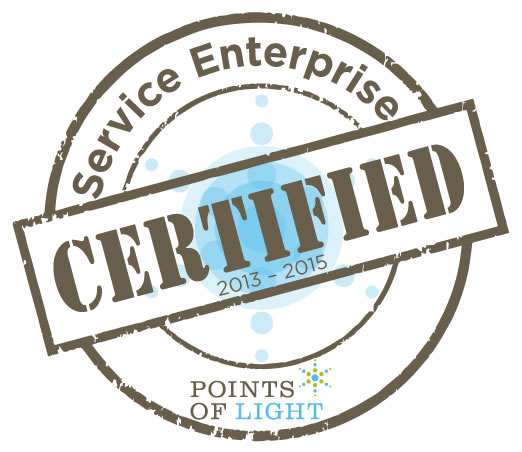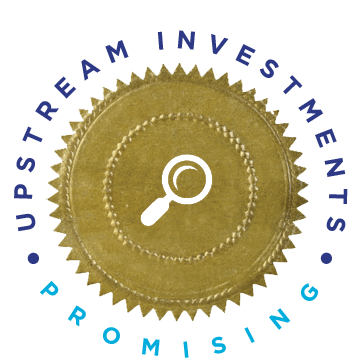The California Colorectal Cancer (CRC) Screening Initiative is a state-wide project created by the California Colorectal Cancer Coalition (C4), the California Division of the American Cancer Society (ACS), and the Operation Access Institute (OAI) to share best practices for providing colorectal cancer screening services to individuals who have slipped through the healthcare safety net.
The impetus for this initiative was the California Department of Public Health’s receipt of a multi-year grant from the CDC in early 2010 to increase CRC screening rates in California. Our collaborative, systems-level approach assesses resources that a successful CRC screening program should incorporate at multiple points of care along the colorectal cancer continuum:
We developed a 28-page booklet that discusses several models and pilots that can serve as frameworks for developing and expanding resource-efficient and evidence-based CRC screening programs. The booklet represents a primer for potentially interested stakeholders who may want to use our model for CRC screening or tweak it to their needs. It is also a model of the various different ways that organizations like OAI, C4, and ACS can help a cause, community, or specific issue in healthcare disparities. It is our hope that this booklet will serve as a springboard for peer learning, research, and ongoing discussion about CRC disparities at the community, state, and national levels.
The following are several resources we have found to be very helpful to our work in underserved communities with respect to colorectal cancer:
The impetus for this initiative was the California Department of Public Health’s receipt of a multi-year grant from the CDC in early 2010 to increase CRC screening rates in California. Our collaborative, systems-level approach assesses resources that a successful CRC screening program should incorporate at multiple points of care along the colorectal cancer continuum:
- Culturally competent patient outreach and reminder systems,
- Clinician education and screening with FIT (fecal immunochemical test) and FOBT (fecal occult blood test) at community clinics,
- Diagnostic colonoscopy and pathology services, and
- Follow-up surgery and treatment for diagnosed colorectal cancers.
We developed a 28-page booklet that discusses several models and pilots that can serve as frameworks for developing and expanding resource-efficient and evidence-based CRC screening programs. The booklet represents a primer for potentially interested stakeholders who may want to use our model for CRC screening or tweak it to their needs. It is also a model of the various different ways that organizations like OAI, C4, and ACS can help a cause, community, or specific issue in healthcare disparities. It is our hope that this booklet will serve as a springboard for peer learning, research, and ongoing discussion about CRC disparities at the community, state, and national levels.
The following are several resources we have found to be very helpful to our work in underserved communities with respect to colorectal cancer:
- 28-page booklet describing the California CRC Screening Initiative
- American Gastroenterological Association’s official letter supporting this California pilot project to improve access to colorectal cancer screening for the uninsured and underserved
- “The Poop on FOBTs” – a PowerPoint presentation developed by Dr. Jim Allison
- PowerPoint presentations delivered at county stakeholder meetings
- Operation Access replication manual and toolkit outline
- Comprehensive CRC Screening Program Manual – developed by East Valley Community Health Center and the SPA 3 Health Planning Group
- “New Screening Guidelines for Colorectal Cancer: A Practical Guide for the Primary Care Physician” – authored by Drs. Jim Allison and Michael Potter
- “Collaboration to Increase Colorectal Cancer Screening Among Low-Income Uninsured Patients” – an Alaska community case study published in the May 2011 edition of Preventing Chronic Disease
- CDC’s Colorectal Cancer Screening Demonstration Program (2005-2008) – checklists and other resources for developing and evaluating CRC screening programs
- California Cancer Registry's 2010 booklet
- 100% learned something new, and 91% shared what they learned with at least one other person.
- 98% stated that incorporating clinical volunteers is an important and effective way to improve access to CRC screenings for the uninsured, and that components of the Operation Access volunteer model can be applied locally.
- 98% said that this initiative brought together leaders of many important healthcare groups, and 93% said the stakeholder meetings and presentations were a valuable use of their time.
- 89% said this initiative has helped to determine additional local resources needed to develop the capacity for CRC screening and treatment.
- 88% said this initiative has provided effective networking opportunities with other organizations working to improve CRC screening rates, and 71% stated that specific opportunities for collaboration were identified during the stakeholder meetings.
- 83% said this initiative has raised their awareness of cost-effective CRC screening options, and 78% said this initiative raised their awareness of CRC screening guidelines.
- 80% said this initiative motivated them and enhanced their desire to address CRC health disparities, and 54% stated that as a result of the stakeholder meetings, they plan to or have already proposed or implemented a new program, modified an existing one, or adopted a new approach to CRC screening.
- 76% said this initiative has helped project how many individuals might need diagnostic colonoscopy and how many cancers might be detected for a given number of FIT kits distributed.
- 75% stated that this initiative has presented innovative strategies and practical methods to mitigate financial barriers to CRC screening and treatment.








.jpg)


